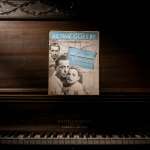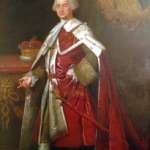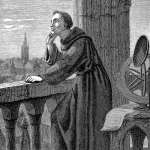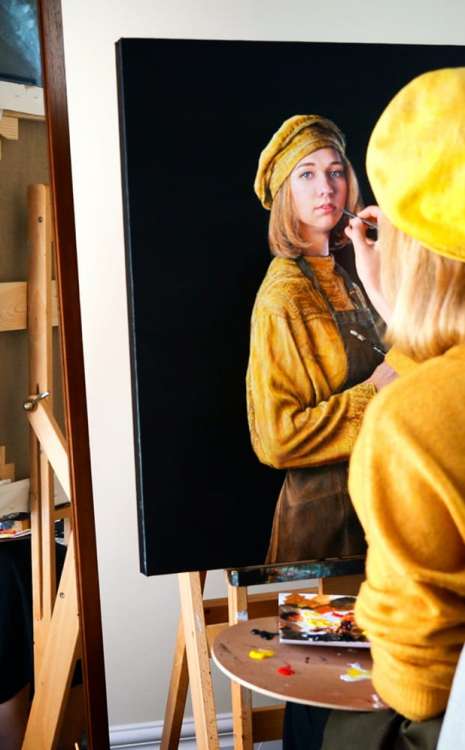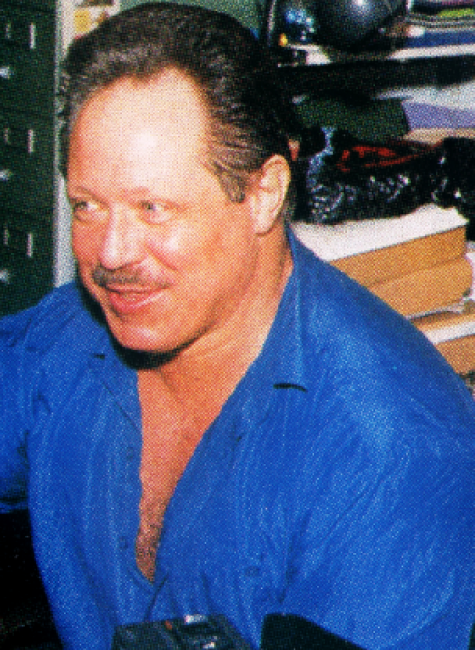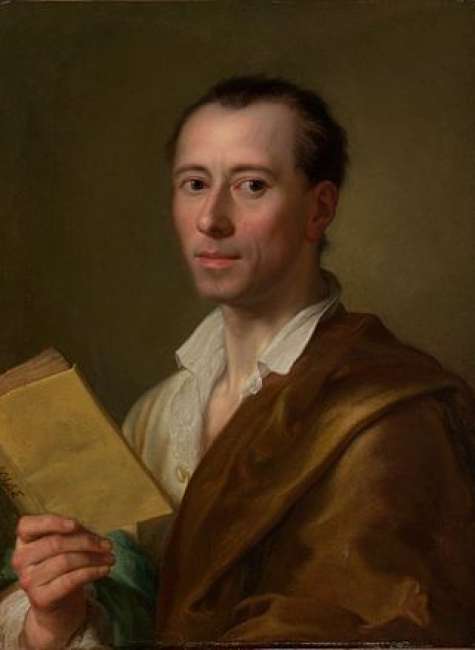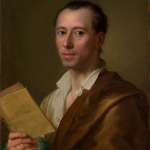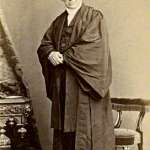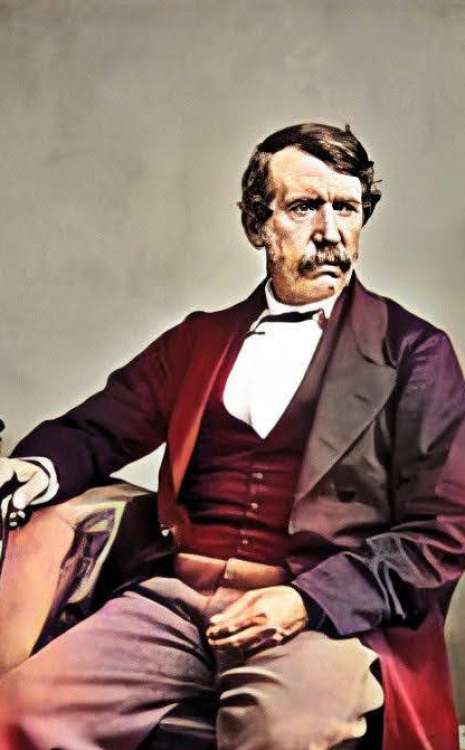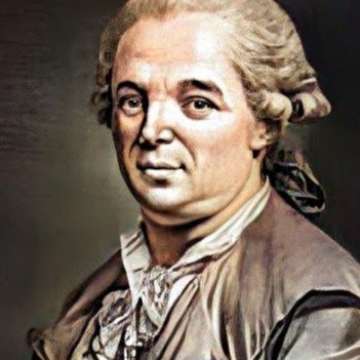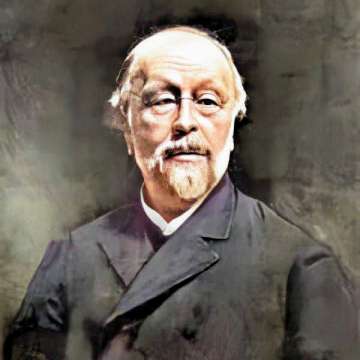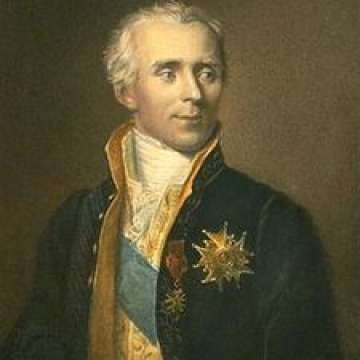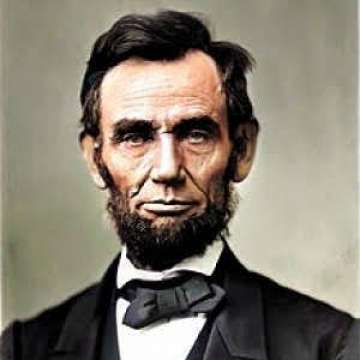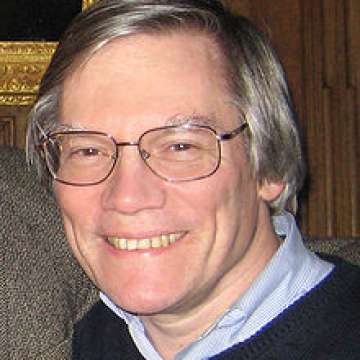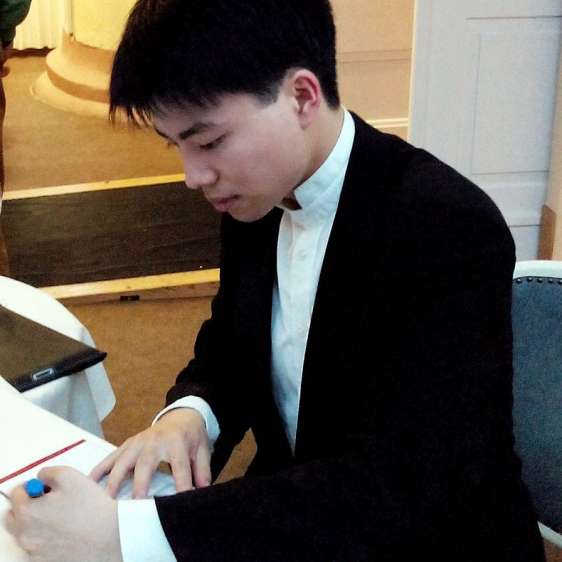
Geniuses born today: March 5
An American classical pianist, composer, and former child prodigy of British-Taiwanese parentage.
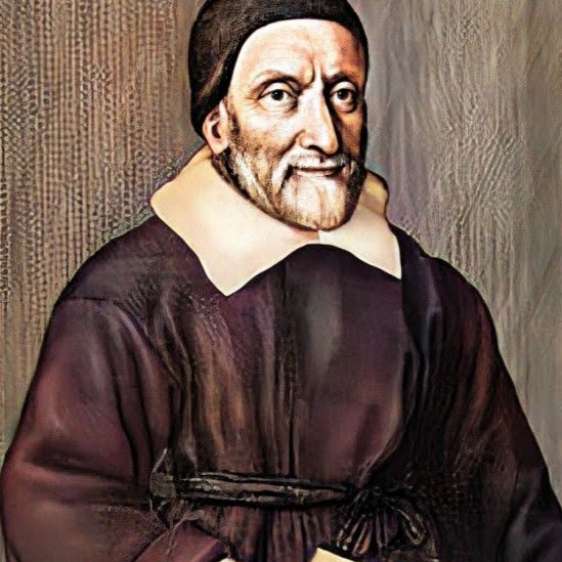


Birthdays
Discover which Genius was born on your Birthday & send brilliant birthday wishes!




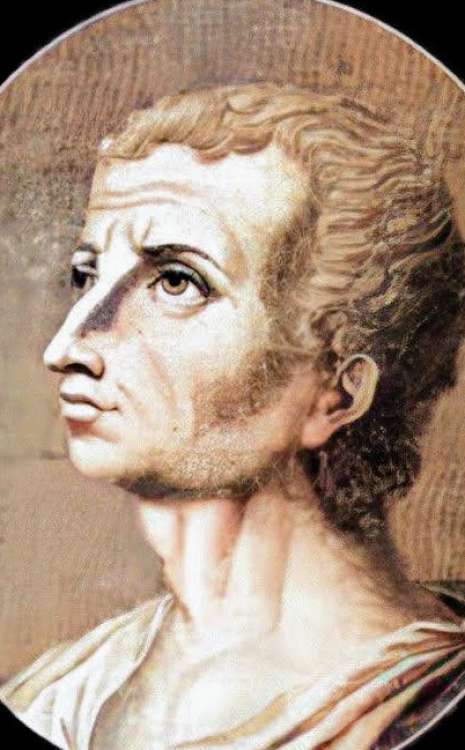
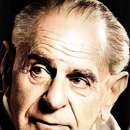
Karl Popper
Austrian-British philosopher of science known for his rejection of the classical inductivist view...
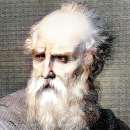
Vitruvius
A Roman author, architect, and civil and military engineer during the 1st century BC, known for h...
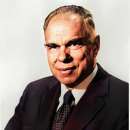
Glenn T. Seaborg
An American chemist whose involvement in the synthesis, discovery and investigation of ten transu...

Karl Marx
A German philosopher, economist, historian, sociologist, political theorist, journalist and socia...
Which Genius Has the same Zodiac sign as yours
Which Genius was born in your Country


See all

See all

See all

See all

See all

See all

See all

See all

See all

See all

See all

See all

See all

See all

See all

See all

See all

See all

See all

See all

See all

See all

See all

See all

See all

See all

See all

See all

See all

See all

See all

See all

See all

See all

See all

See all

See all

See all

See all

See all

See all

See all

See all

See all

See all

See all

See all

See all

See all

See all

See all

See all

See all

See all

See all

See all

See all

See all

See all

See all

See all

See all

See all

See all

See all

See all

See all

See all

See all

See all

See all

See all

See all

See all

See all

See all

See all

See all

See all

See all

See all

See all

See all

See all

See all

See all

See all

See all

See all

See all

See all

See all

See all

See all

See all

See all

See all

See all

See all

See all

See all

See all

See all

See all

See all

See all

See all

See all

See all

See all

See all

See all

See all

See all

See all

See all

See all

See all

See all

See all

See all

See all

See all

See all

See all

See all

See all

See all

See all

See all

See all

See all

See all

See all

See all

See all

See all

See all

See all

See all

See all

See all

See all

See all

See all

See all

See all

See all

See all

See all

See all

See all

See all

See all

See all

See all

See all

See all

See all

See all

See all

See all

See all

See all

See all

See all

See all

See all

See all

See all

See all

See all

See all

See all

See all

See all

See all

See all

See all

See all

See all

See all

See all

See all

See all

See all

See all

See all

See all

See all

See all

See all

See all

See all

See all

See all

See all

See all

See all

See all

See all

See all

See all

See all

See all

See all

See all

See all

See all

See all

See all

See all

See all

See all

See all

See all

See all

See all

See all

See all

See all

See all

See all

See all

See all

See all

See all

See all

See all

See all

See all

See all

See all

See all

See all

See all

See all

See all

See all
